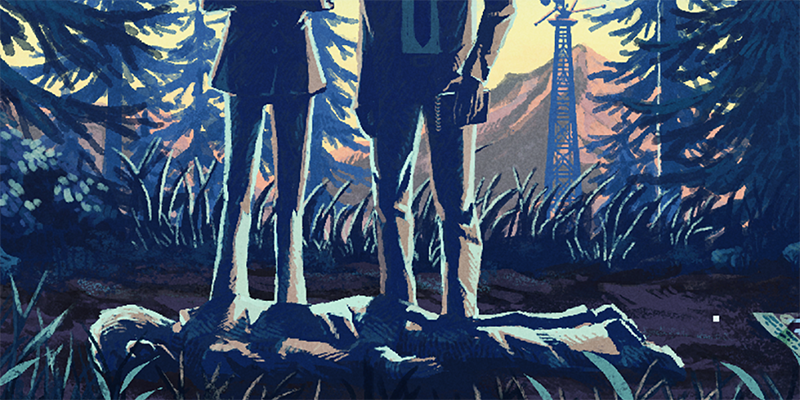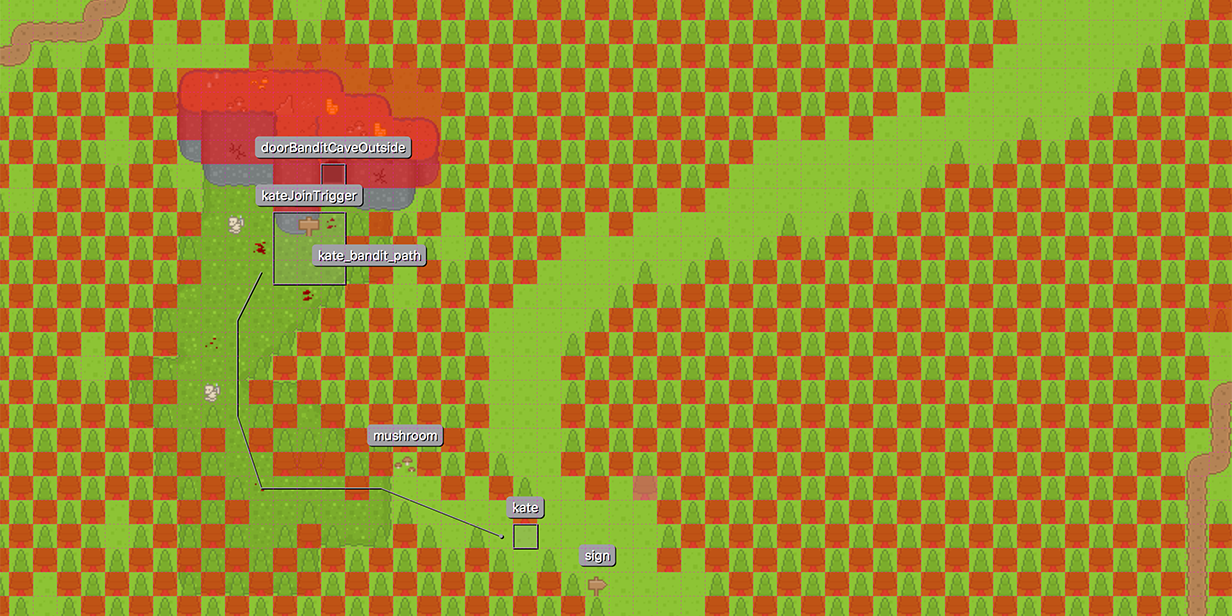
Of all the games I’ve released, I’m haunted the most by The Cave. I guess when a game percolates in your head for 30 years, it’s bound to mean something.
I’ve released good games and I’ve released bad games, but I always felt I knew which was which, if not before releasing, it always became apparent soon after. I’d look at the game and understand why it failed or succeeded. Scurvy Scallywags is a great game, but I understand why it failed. I have no regrets, but I understand it.
The Cave, not so much. The Cave is a great game and how it was panned and forgotten perplexes me to this very day. The other night, I literally (and I am using that word correctly) woke up from a nightmare about The Cave. If I ever venture down into The Cave, my object of desire will be a successful version of The Cave. What atrocities will I commit to make it true?
I’ve asked a lot of friends and read countless options on the Internet about what’s wrong with The Cave, so I’m not asking. Please don’t tell me in the comments, I’ll just delete them.
The morning The Cave was released, I eagerly awoke and headed to my computer to see early reviews. Buzz was good, playtesting was good, press tour feedback was good. I was optimistic. Then I read the first review, then the second, and a third. I was crushed.
I headed into work and felt horrible. Everyone on the team did such a great job and they were reading the same reviews and it was disheartening. How could I fuck this up, I kept saying to myself, all the while trying to keep a positive attitude. There is no one to blame but myself and it haunts me to this very day. Who did I not listen to? What did I not see?
Maybe it was one or two big things, like having to repeat the common areas, or maybe it was more systemic. Maybe it was just bad, boring or pointless storytelling. Maybe it just wasn’t that fun. When something fails (from rocket ships to movies to a game), it’s often (but not always) many things that form a perfect-storm of ick. For every internet theory I’ve read on what is wrong with The Cave, I can point to other games that did very much the same thing and succeeded. I don’t feel it’s a matter of just fixing one thing and we’re done. It’s kind of why it’s not a 20/20 hindsight discussion I want to have.
Over time, I can often distance myself from my games and understand (both the good and the bad) them better. But not The Cave.
After my nightmare a few days ago, I fell back to sleep and had another dream about The Cave. In this dream, I made The Cave 2, but in 2D and with new characters and fixed all the problems.
But I don’t own the rights to The Cave, and the chances of Double Fine selling them back to me are about as good as Disney Selling me Monkey Island (and I won’t work on games anymore that I don’t own/control).
I’m not sure what I’d fix anyway. My dream didn’t tell me that.





